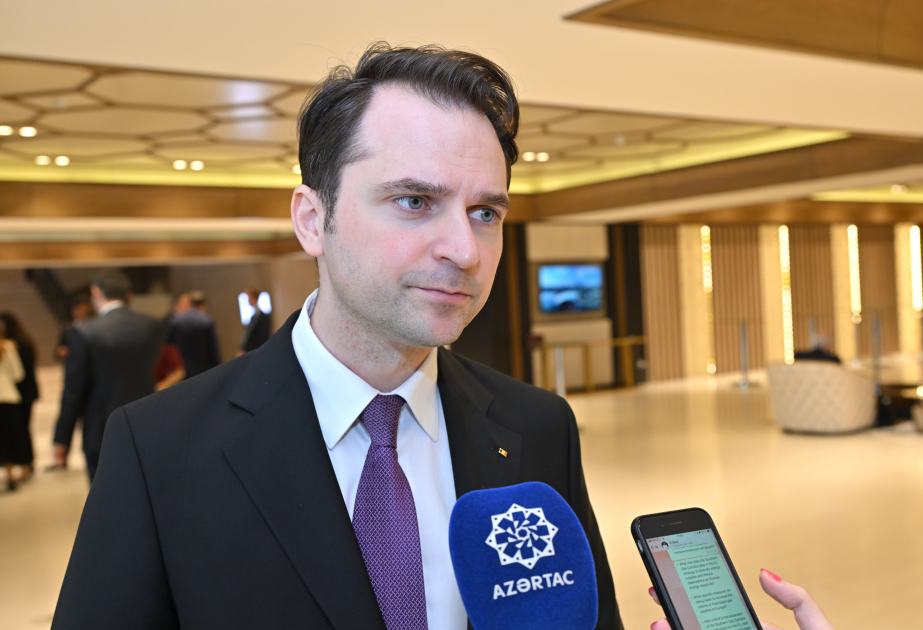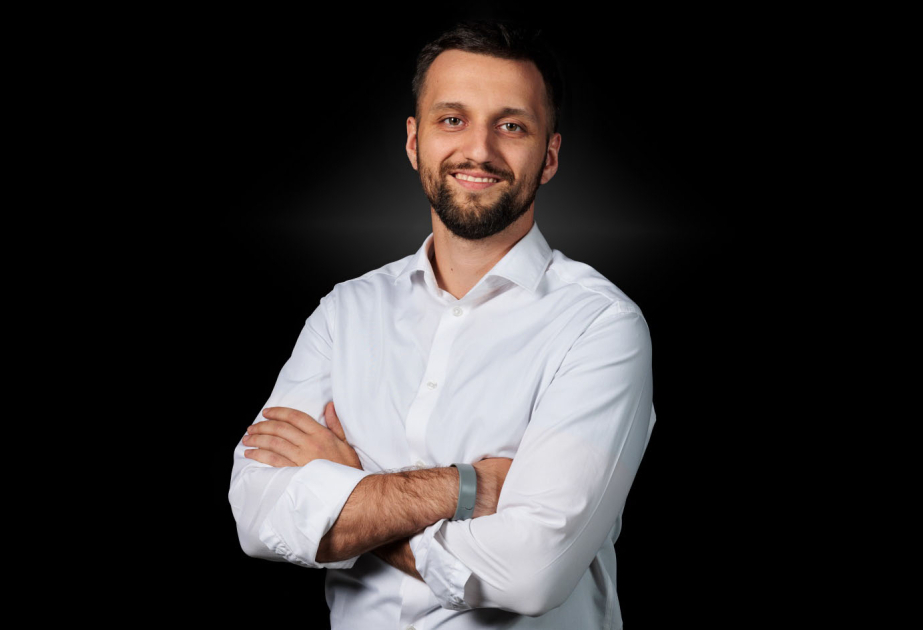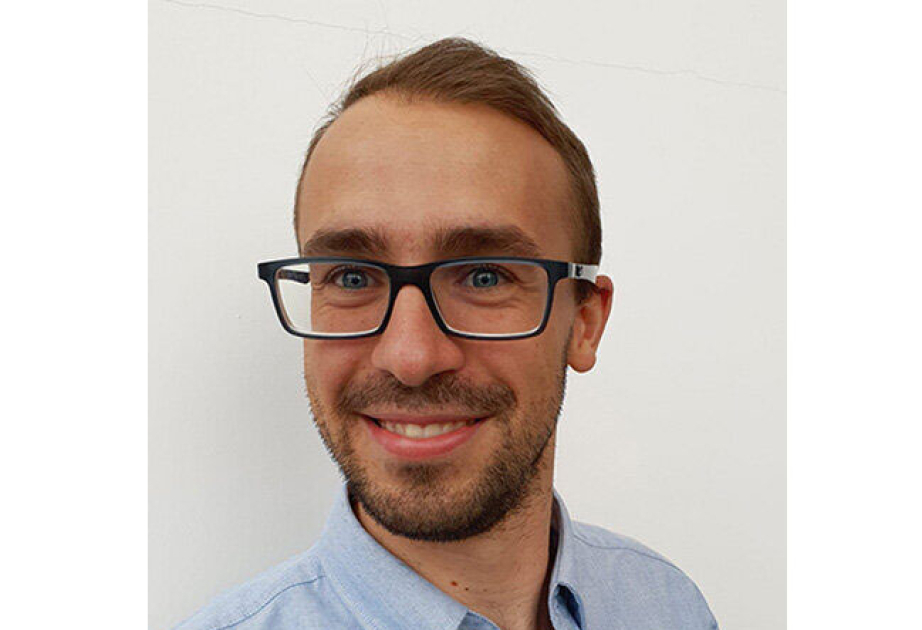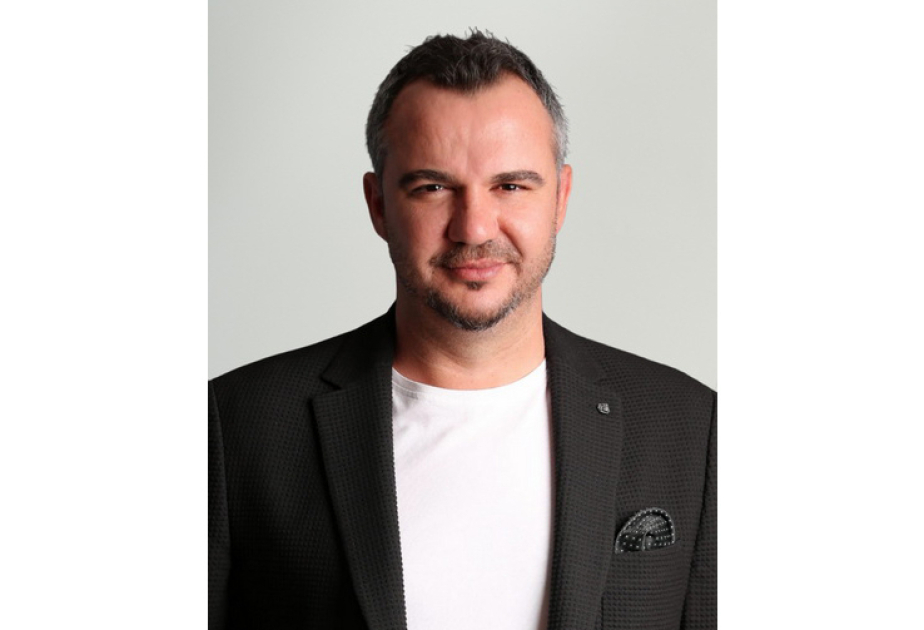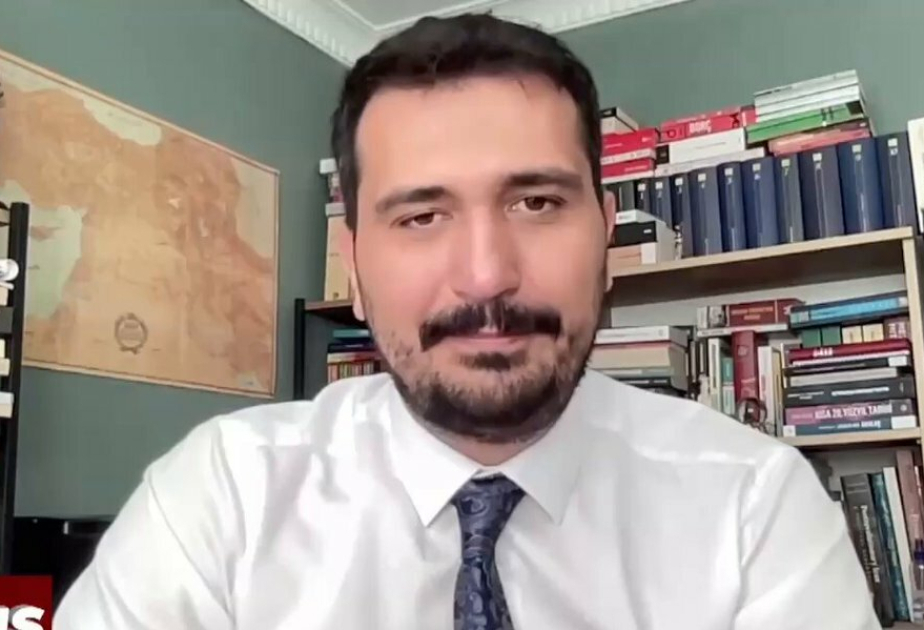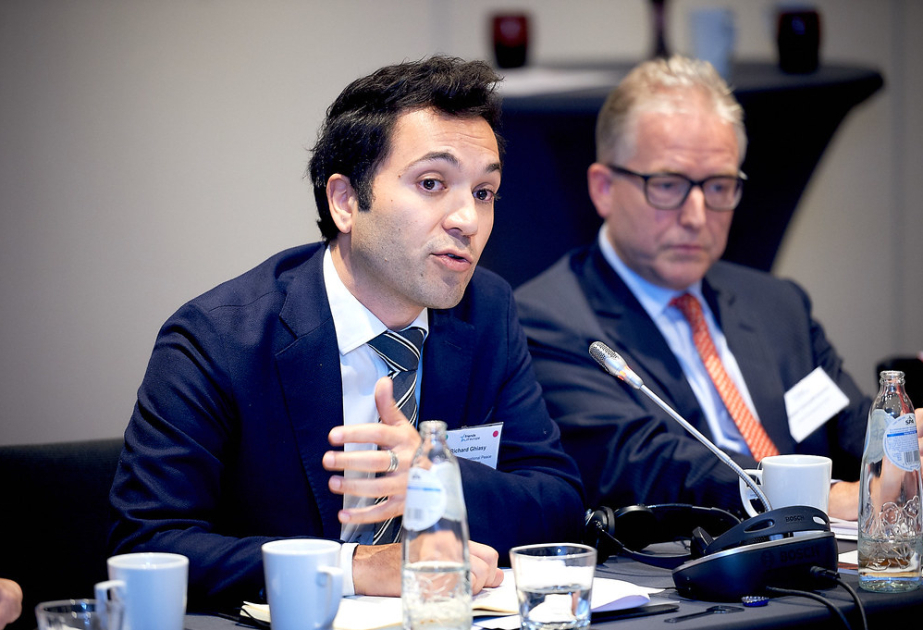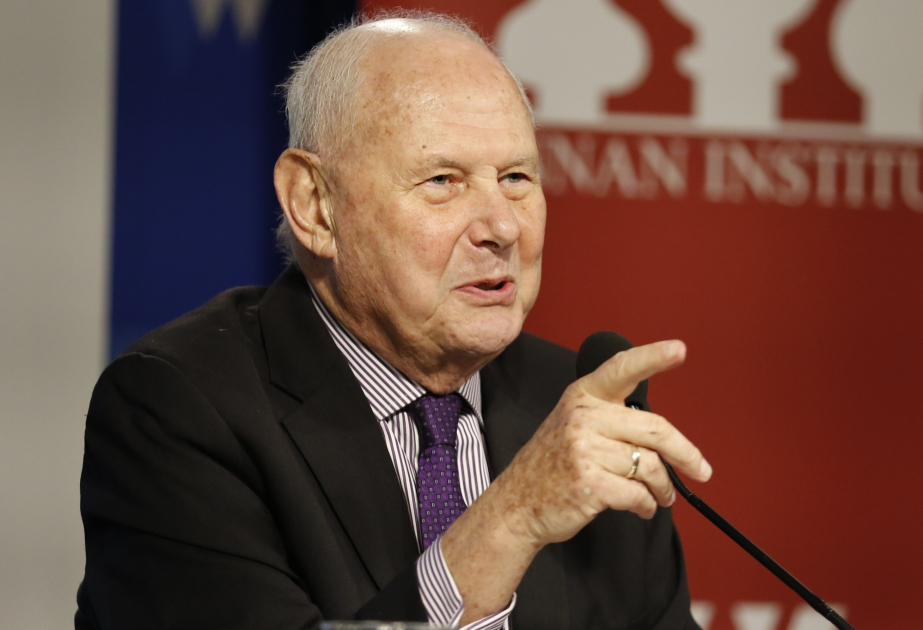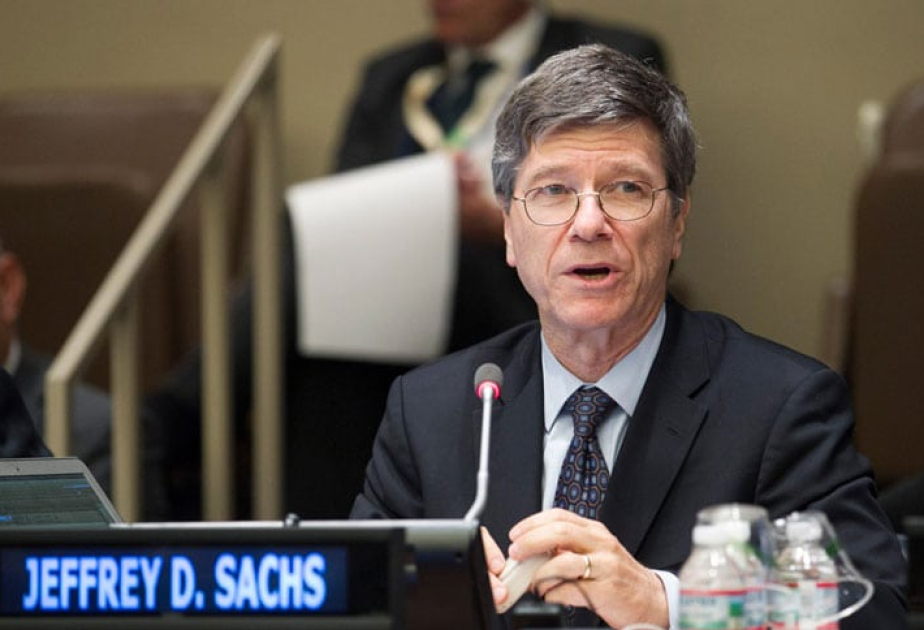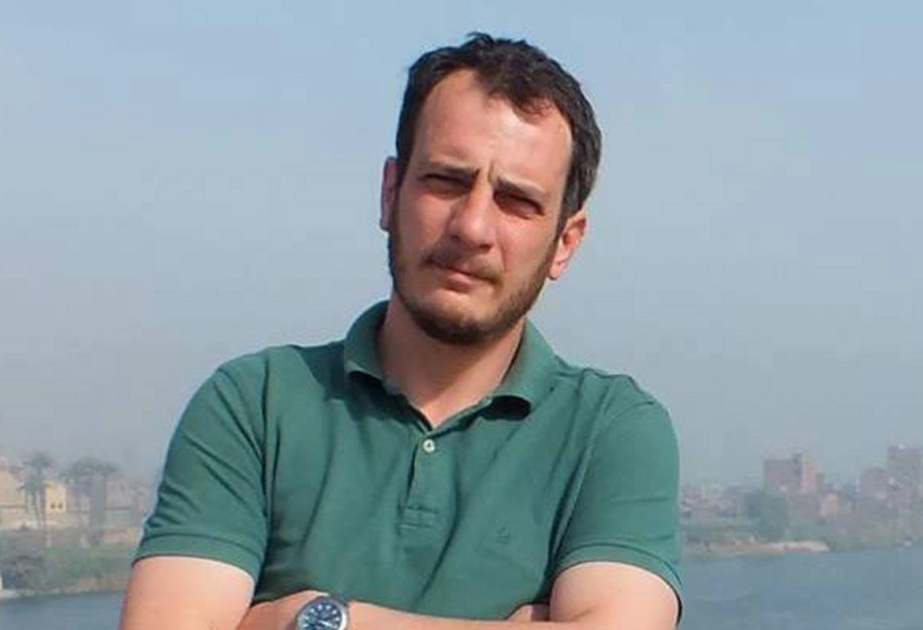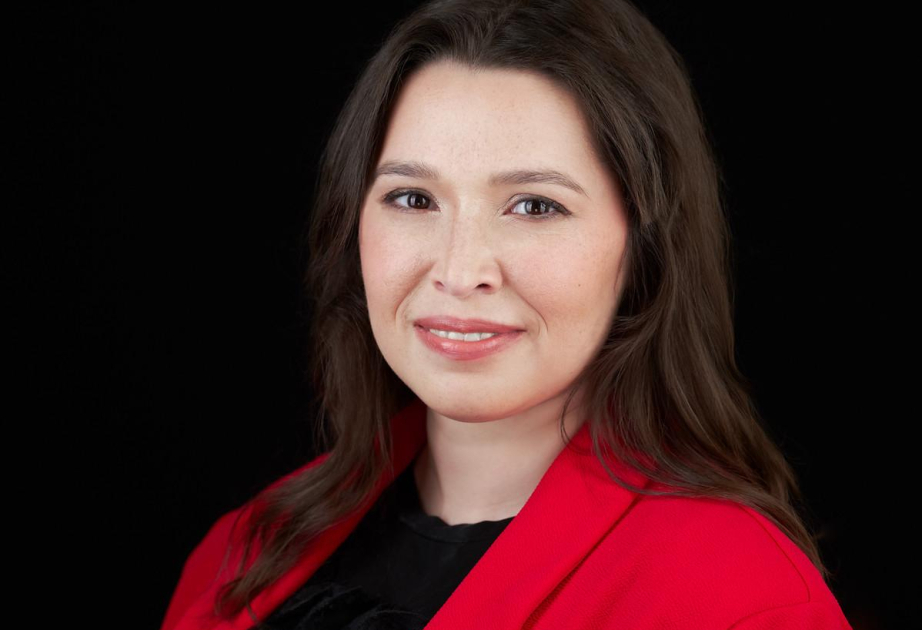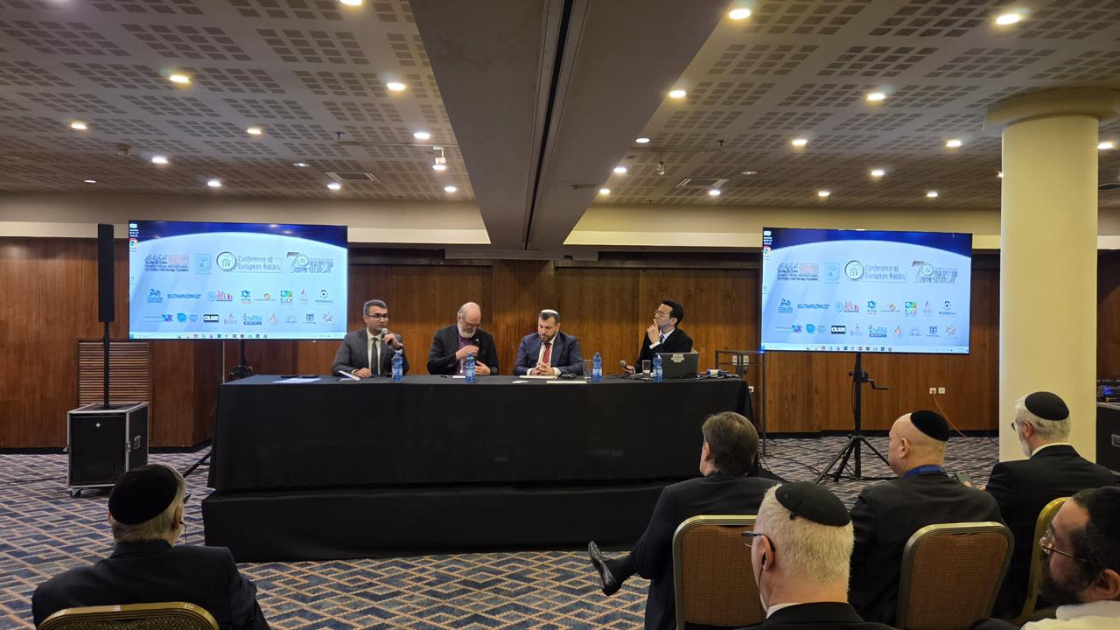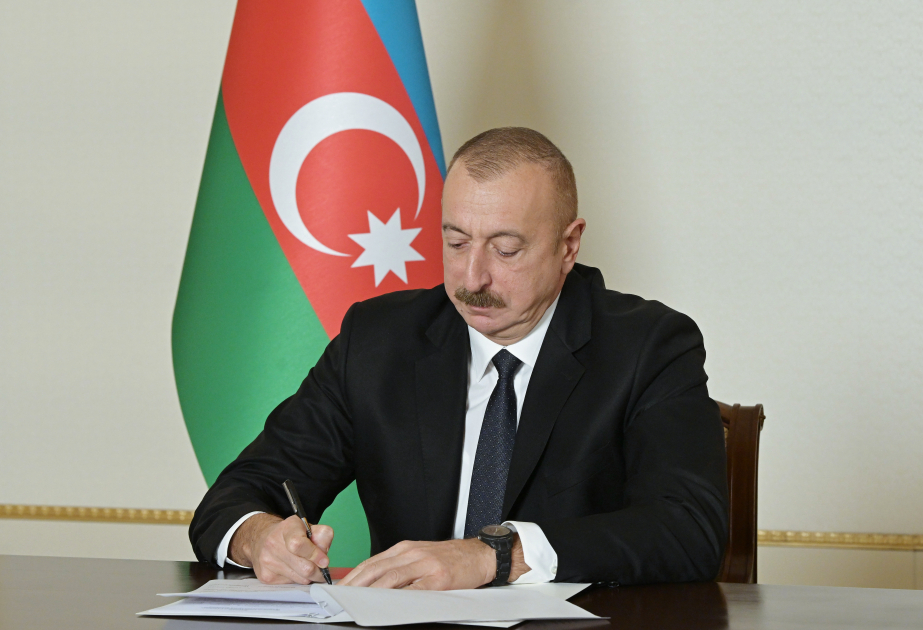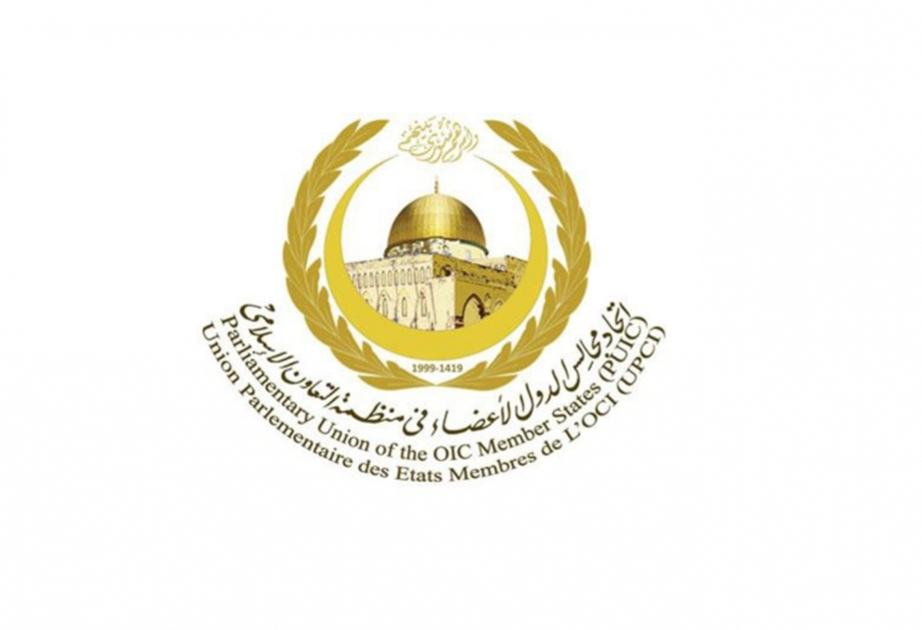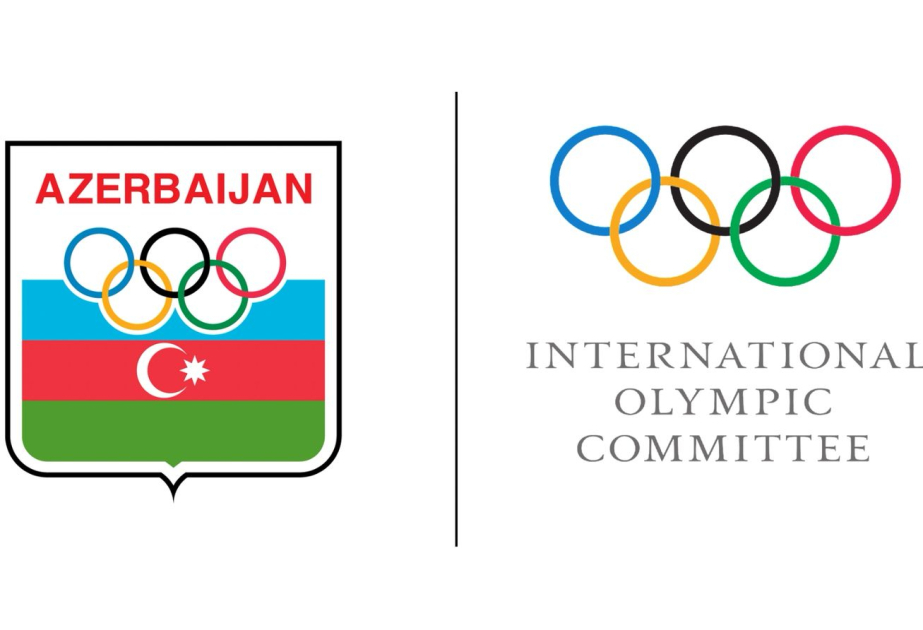Sebastian-Ioan Burduja, Romanian Minister of Energy, gave an exclusive interview to the Azerbaijan State News Agency (AZERTAC).
– How do you assess the energy cooperation between Azerbaijan and Romania?
– This cooperation can truly be described as ideal, without any exaggeration. I highly value the strong relations that have developed between our countries. Here in Azerbaijan, I have many real brothers — and that’s not just a figure of speech. We feel not like mere partners, but like part of one big family.
We have an excellent ambassador — I would even say the best ambassador in the world — who plays a key role in strengthening our bilateral ties. Every visit to Baku for me is not just a working trip, but a genuine pleasure and a real honor. The atmosphere of trust and friendship that prevails in our relations provides a solid foundation for further deepening of cooperation, especially in such a strategically important area as energy.
I would especially like to highlight the active presence of the State Oil Company of Azerbaijan (SOCAR) in the Romanian market — we highly appreciate its contribution to the development of our energy cooperation. This year, the Romanian energy regulator may issue a license to SOCAR Trading Gas & Power, a company registered in Luxembourg, allowing it to carry out natural gas trading operations in Romania.
– What role does the Southern Gas Corridor play in the European Union's strategy to diversify energy sources?
– It is absolutely a key element. I can't even imagine the energy map of Europe without the Southern Gas Corridor. The Southern Gas Corridor plays a vital role in ensuring Europe's energy security, especially the EU's strategic priority to reduce dependence on Russian gas. This route provides an effective and reliable alternative. Expanding the energy corridor towards Southeastern Europe and the Balkans is a crucial step towards ensuring reliable, stable, and economically efficient energy supplies for the entire region. We consider Azerbaijan not just as a partner, but as a true brother. Personally, I am deeply grateful for the level of trust and cooperation that exists between us. This partnership goes far beyond energy – it is based on mutual respect, strategic vision, and a shared responsibility for the stability and development of the region.
– What specific steps, in your opinion, are being taken to increase the volume of Azerbaijani gas supplies to Europe?
– Currently, we are witnessing significant investments in expanding gas production – in the development of new fields and the utilization of already proven large reserves. All of this creates a reliable resource base for the long-term growth of exports.
The next key step is ensuring the necessary infrastructure for transporting gas from Azerbaijan through Turkey and onwards to Europe. This involves connecting with countries such as Bulgaria, Romania, Hungary, Slovakia, and further towards Central Europe.
Much depends on us – on the ability of the countries in the region to timely implement the relevant infrastructure projects. I am confident that Bulgaria will meet this challenge, despite certain technical limitations currently on its side.
The development of the so-called "vertical corridor" will be a true breakthrough. Its planned capacity is around 15 billion cubic meters of gas per year. This means that Azerbaijani gas, after passing through Turkey, Bulgaria, Romania, and possibly Ukraine, will be able to reach the very heart of Europe. This is the direction in which we need to move – it is the strategic path to ensuring energy security and stability for the European continent.
– How do you assess the potential for developing renewable hydrogen trade between the EU and Azerbaijan? After all, this is part of the "Green Corridor" project.
- Yes, you are absolutely right – the development of green hydrogen trade is indeed an important part of the "Green Corridor" initiative. Currently, the company Chessie, conducting the feasibility study for the project, is evaluating the commercial viability of integrating hydrogen into this energy chain.
Frankly speaking, in my opinion, hydrogen production and transportation technologies are still at a relatively early stage of development. They require more time and investment to become truly scalable and economically viable. Specifically, the production cost of green hydrogen is still quite high.
However, hydrogen is undoubtedly seen as an integral part of the global energy transition. That is why we must invest in research, create pilot projects, and assess the potential of these solutions today. This direction should be developed because, in the future, it could play a key role in decarbonizing the economy and building a sustainable energy partnership between the European Union and Azerbaijan.
– What is the current status of the green energy project in the region, and which countries, in your opinion, could join it?
- At present, we can see that a very strong and cohesive team has been formed, consisting of Azerbaijan, Georgia, Romania, and Hungary. These countries are already actively involved in the project. Additionally, Bulgaria has expressed interest in joining the initiative, and of course, we would be delighted to have them on board. The doors for cooperation are open, and Bulgaria's participation could significantly strengthen the regional energy architecture.
We are currently in the final stage of preparing the technical and economic justification for the project. It is expected that the final conclusions will be ready by the end of this year, at the latest. This will be an important step forward, allowing us to move to the practical phase of implementation.
The project will gain special significance once it is included in the European Ten-Year Network Development Plan (TYNDP). This will significantly increase the chances of attracting financing from the European Union, including through European grants. We understand that this is a large-scale and ambitious initiative, and, as was the case with the Southern Gas Corridor, substantial financial support from the EU will be required.
From our side, the project receives full political and institutional support. We are convinced that it has strategic importance not only for energy security but also for the ecological future of Europe.
– What is your forecast for further cooperation between the EU and Azerbaijan in the energy sector?
- The prospects for our cooperation remain extremely positive and promising. In the short and medium term, the key area will undoubtedly remain natural gas. Natural gas is considered a transition fuel within the energy transition, and Azerbaijan possesses significant reserves, while Europe still urgently needs stable and reliable supplies. In this context, the potential for further cooperation is clear.
Equally important will be the development of "green" energy — the implementation of the "Green Energy Corridor" project should be the next major step. This is an ambitious initiative that could turn the region into a crucial center for sustainable energy.
Furthermore, we are open to exploring new forms of cooperation — whether it's offshore wind energy, the development of battery technologies, or perhaps, in the future, cooperation in the field of peaceful nuclear energy. You never know where technological progress and our joint will to develop might take us.
The key thing is that we already have a solid foundation on which to build all of this. Trust, strategic vision, and shared interests make the EU and Azerbaijan natural and reliable partners for many years to come.


